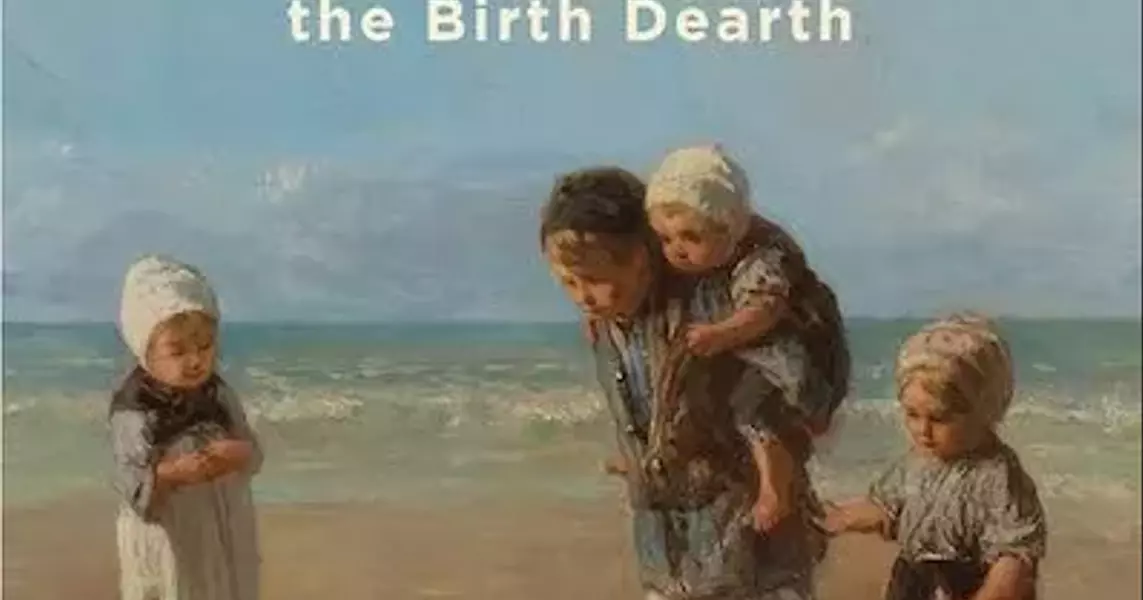The Heartfelt Choice: Exploring the Lives of Mothers Who Embrace Large Families

In a world where smaller families have become the norm, Catherine Ruth Pakaluk, an economist and mother of eight, embarked on a journey to understand why some women choose to raise large families. Her exploration culminated in the book Hannah’s Children: The Women Quietly Defying the Birth Dearth. Through interviews with 55 women across America, Pakaluk delves into their motivations, revealing a profound commitment to motherhood that transcends societal norms. Despite varying backgrounds and beliefs, these women share a common conviction: raising children is one of life's most fulfilling endeavors. Their stories highlight the challenges and rewards of embracing this path, offering insights into the deeper meaning of family and human connection.
A Journey Across America: Unveiling the Stories Behind Large Families
During the summer of 2019, Pakaluk and her colleague Emily Reynolds traversed ten regions of the United States, engaging in heartfelt conversations with mothers who had chosen to raise five or more children. These women came from diverse walks of life—some were highly educated professionals, while others lived modestly; some followed religious faiths, while others identified as secular. Yet, all shared a deep-seated belief that having children was not just a personal choice but a calling that enriched their lives and contributed to society.
Two of the women featured in the book are Hannah and Esther, neighbors in a quaint New England town. Both Jewish, they offer contrasting perspectives on family. While Hannah always envisioned a large family, Esther initially resisted the idea of marriage altogether. However, both found fulfillment in motherhood, discovering that it brought them closer to themselves and their community. They emphasized that raising children linked them to past generations and future possibilities, creating a sense of continuity and purpose.
The women interviewed expressed that while the path of motherhood was demanding, it also provided inner peace and a sense of identity. Many felt that by choosing to prioritize family over individual ambitions, they had discovered a higher calling. They saw their children not just as beneficiaries of love and care but as partners in a shared journey, one that enriched both the present and the future.
Throughout the book, the recurring theme is the intrinsic value of children. These mothers believe that bearing and raising children contributes profoundly to the well-being of society. Despite the sacrifices involved, they remain steadfast in their conviction that this choice has been unequivocally right for them.
In the words of philosopher Hannah Arendt, “It is the birth of new men and the new beginning, the action they are capable of by virtue of being born, that bestows upon human affairs faith and hope.” This sentiment resonates deeply with the women profiled in Pakaluk’s work, who see motherhood as an act of creation and renewal.
From a journalist's perspective, Hannah’s Children offers a poignant reminder of the enduring power of family. It challenges the prevailing narrative that smaller families are inherently better and invites readers to reflect on the broader implications of reproductive choices. By sharing the voices of these remarkable women, Pakaluk highlights the richness and complexity of human experience, encouraging us to reconsider what truly matters in life.